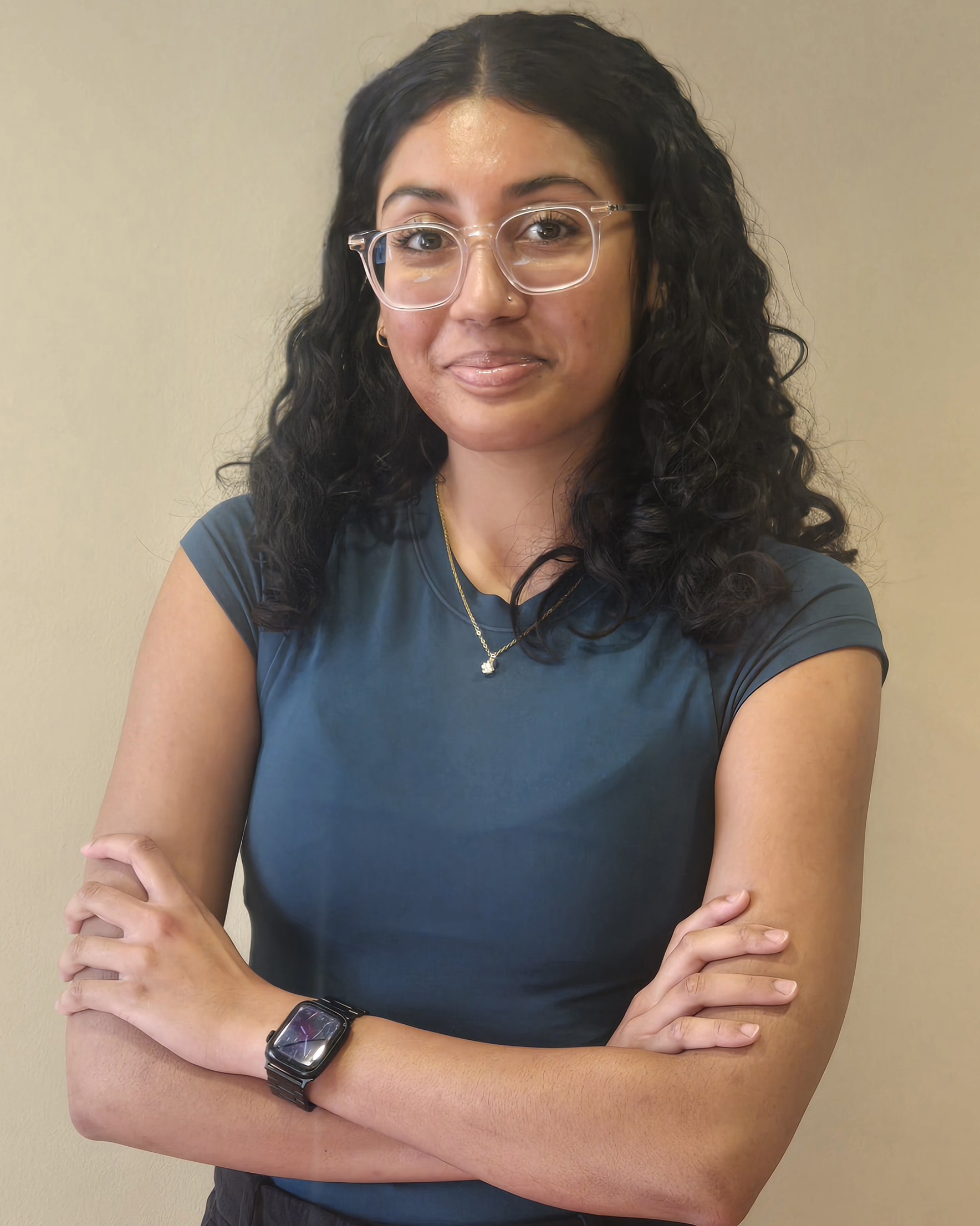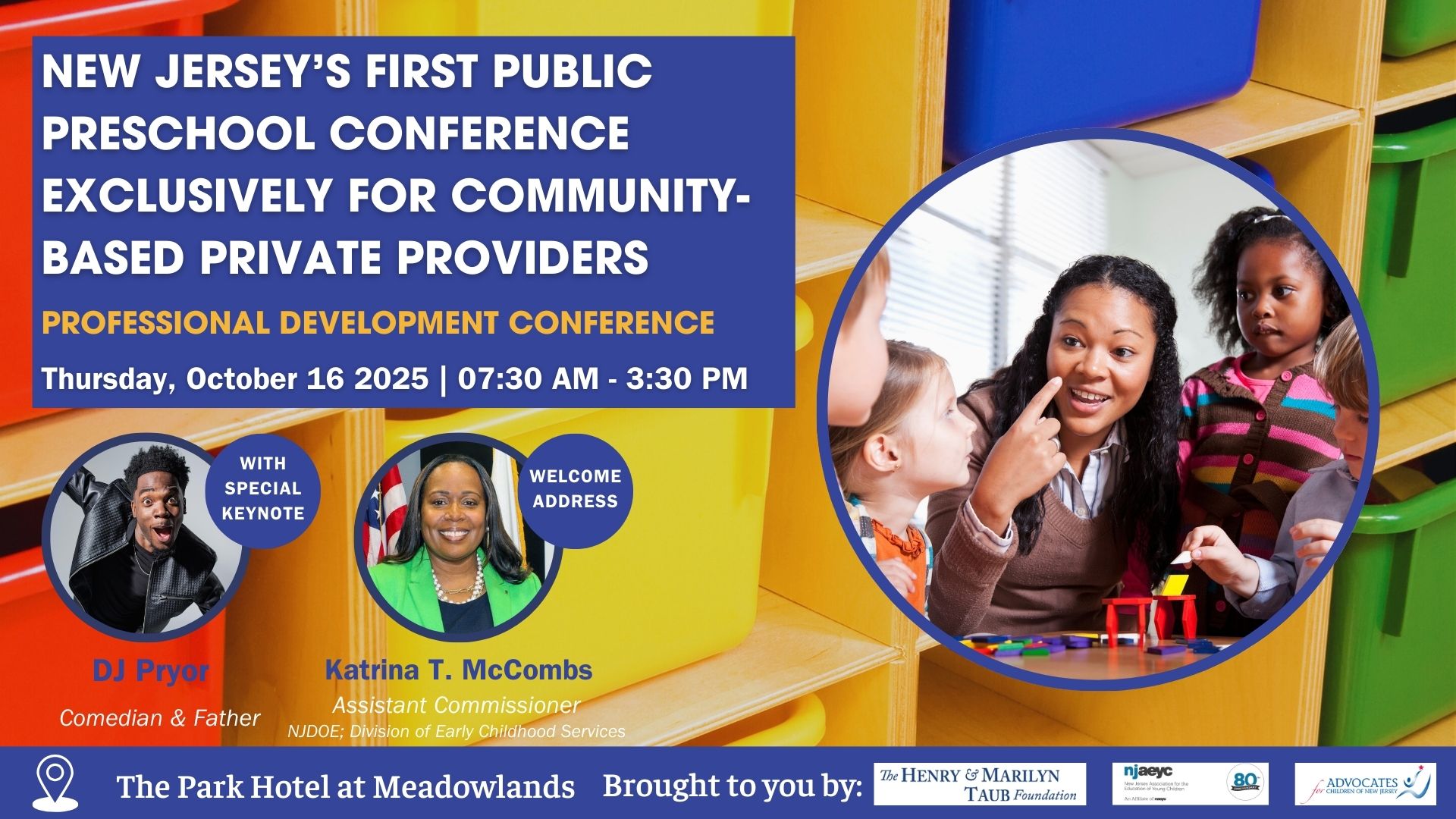Posted on September 11, 2025
Co-Authored by:
Gregor Stoerzinger
Head of Privacy, Product
Audible
Amanda Montes de Oca
Manager, Global Content Rights
Audible
For more information on this topic, contact Nina Peckman at npeckman@acnj.org.
Recent data paints a concerning picture of youth mental health in New Jersey. According to a 2024 SAMHSA report, among teenagers aged 13-17, 34% experience anxiety disorders, 16% experience mood disorders, and 20% face behavioral disorders. For children aged 3-17 years in New Jersey, common diagnoses include ADHD, behavioral/conduct problems, anxiety, and depression. These statistics underscore the critical importance of accessible mental health services in our schools, particularly as students continue to navigate the lasting emotional impacts of the COVID-19 pandemic.
New Jersey law requires school districts to provide comprehensive mental health services to students, recognizing schools' unique position to identify early signs of mental, behavioral, and developmental disorders. The New Jersey Department of Education has implemented guidelines that mandate schools to have mental health professionals on staff, including school counselors, psychologists, and social workers. These professionals provide various services, such as individual and group counseling, crisis intervention, and referrals to outside resources when necessary. Schools must also implement prevention programs and create a positive school climate that promotes mental health and social-emotional development.
As a parent, it's essential to be proactive in ensuring your child receives the mental health support they need. Start by communicating with your child's teachers and school administrators about any concerns you may have. Request a meeting with the school's mental health team to discuss available services and create a plan tailored to your child's needs. If your child has a diagnosed mental health condition, consider working with the school to develop an Individualized Education Program (IEP) or a 504 plan to ensure they receive appropriate accommodations and support.
If you feel that your child's school is not providing adequate mental health services or is not complying with state regulations, it may be time to consult an attorney. This step should be considered if you've exhausted all communication channels with the school and district administration, and your child's needs are still not being met. An education law attorney can help you navigate the legal process and advocate for your child's rights to appropriate mental health support in school.
For more information on mental health services in New Jersey schools, visit the New Jersey Department of Education's Mental Health Resources page: https://www.nj.gov/education/safety/wellness/mh/index.shtml. Additionally, if you're seeking emotional or behavioral support for your child outside of school, consider reaching out to the New Jersey Children's System of Care (PerformCare) at https://www.performcarenj.org/. This valuable resource can provide access to a wide range of mental health services and support for children and their families.





